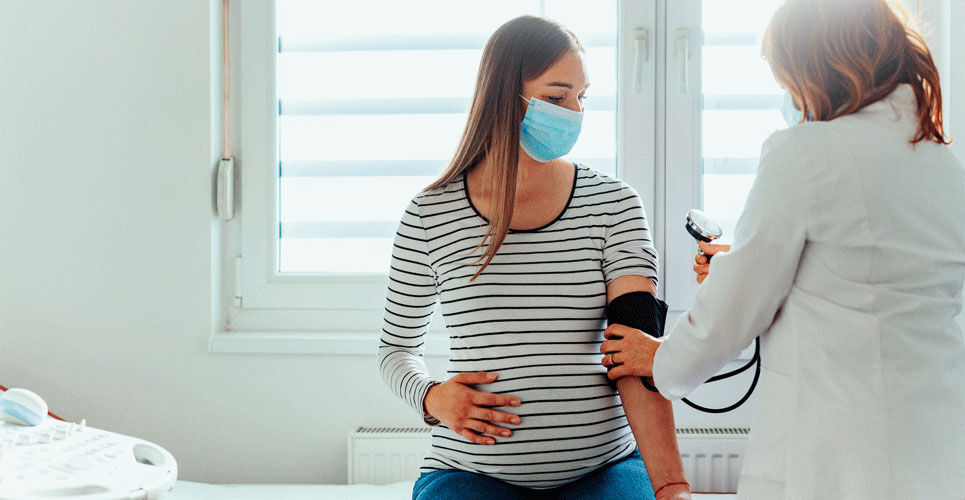The combination of nirmatrelvir and ritonavir appear to be safe and well tolerated when used in pregnancy among mothers infected with COVID-19.
The combination of nirmatrelvir and ritonavir (brand name Paxlovid) can be safely used in women who are pregnant and infected with COVID-19 according to a case series study by researchers from Johns Hopkins University School of Medicine, Baltimore, US.
Pregnant women with COVID-19 leads to a consistent and substantial increase in severe maternal morbidity and mortality and neonatal complications.
In fact, available data suggests that severe acute respiratory syndrome caused by COVID-19 during pregnancy, leads to placental inflammation and a reduced antiviral antibody response, which could impact upon the efficacy of treatment in pregnancy.
The combination of nirmatrelvir and ritonavir has been authorised by the EMA for the treatment of COVID-19 in adults who do not require supplemental oxygen and who are at increased risk for progression to severe COVID-19.
However, the summary of product characteristics states that ‘there are no data from the use of paxlovid in pregnant women’ and that ‘paxlovid is not recommended during pregnancy.’
Despite the lack of human data, animal studies of nirmatrelvir and ritonavir reported no clinically relevant risks associated with administration during pregnancy and in males and females of reproductive age.
In the present study, the US researchers reported on a case series that included pregnant patients who were diagnosed with COVID-19 and who received nirmatrelvir and ritonavir. The team recorded the clinical characteristics and pregnancy outcomes through a manual review of medical records.
Nirmatrelvir and ritonavir and pregnancy outcomes
A total of 47 women with a median age of 34 years were included and who received the drugs during pregnancy, 57.4% during the third trimester and 34% during the second trimester. In addition, 85.1% of women had received some level of COVID-19 vaccination, with 44.7% having received the initial series and one booster. Co-morbidities included a mental health disorder (44.7%), obesity (25.5%) and diabetes (10.6%).
A total of 53.2% of mothers delivered after treatment with nirmatrelvir and ritonavir and of whom, 12 (48%) underwent a caesarean delivery, although three quarters of these were scheduled. Only two patients discontinued the drugs due to adverse effects.
Based on these findings, the authors concluded that pregnant patients treated with nirmatrelvir and ritonavir tolerated the treatment although there was an unexpectedly high rate of caesarean deliveries. They added that the lack of serious adverse effects affecting pregnant patients or offspring suggests that the drug combination is suitable for the treatment of infected, pregnant women.
Citation
Garneau WM et al. Analysis of Clinical Outcomes of Pregnant Patients Treated With Nirmatrelvir and Ritonavir for Acute SARS-CoV-2 Infection. JAMA Netw Open 2022.

